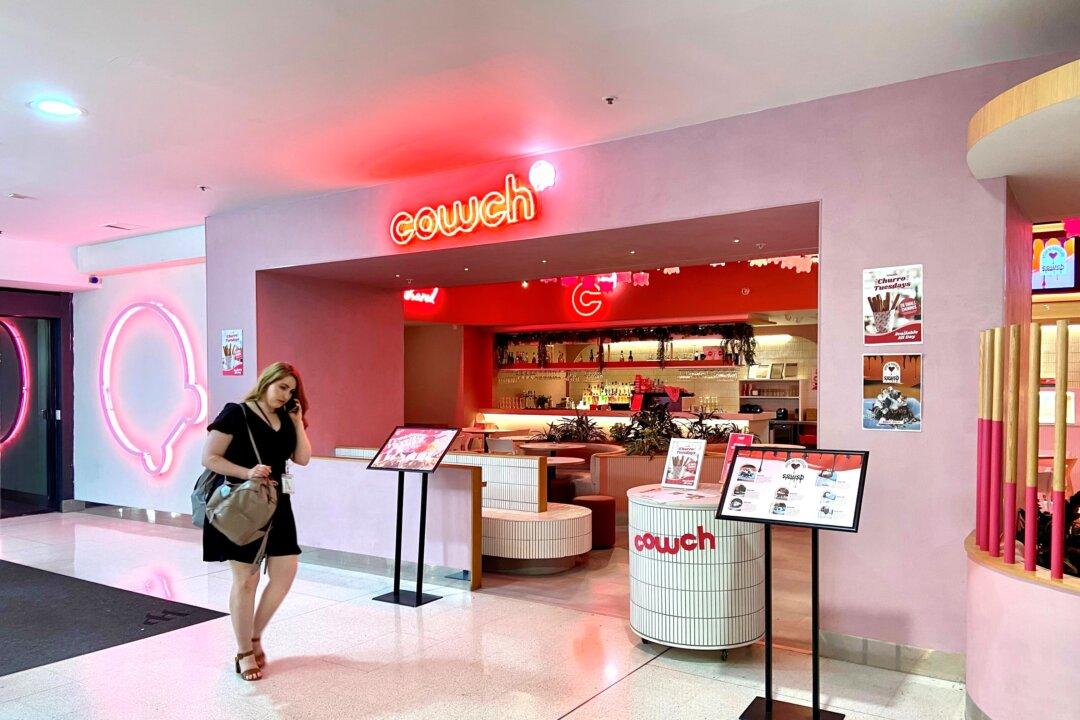On the same day Australia’s top leaders were busy revealing details of the impending “Voice” referendum—garnering national media attention—business owner Arif Memis was scrambling to hold the fort around his embattled Cowch Dessert Cocktail Bar.
Bruised and battered by a series of crises—some natural, some government-made—Memis has been forced to hand over the keys to the business he started in 2014 to administrators.





